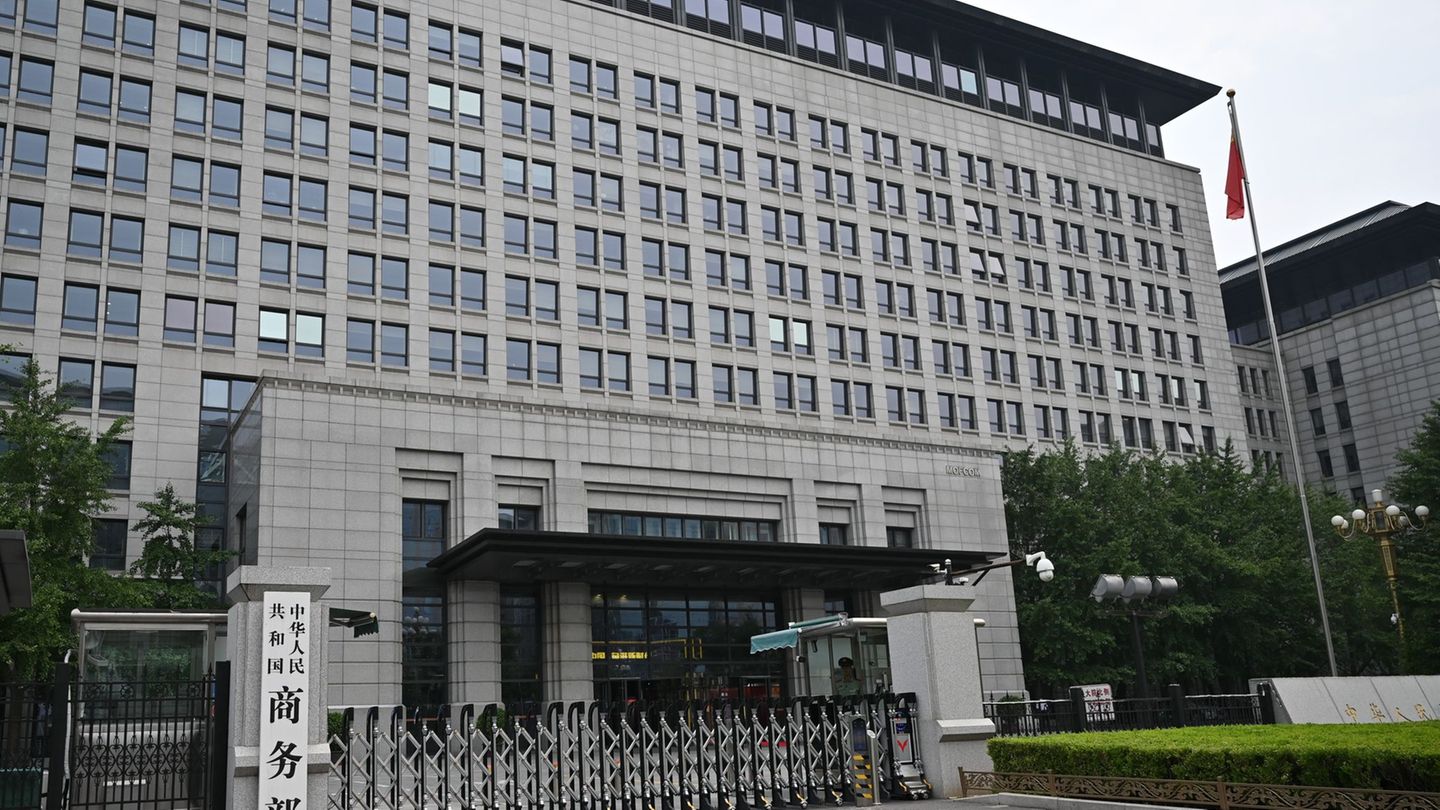With the aim of increasing the dollar reserves, generate investment and improve tax collection, Over the years the national government has made various tools available to taxpayers that have allowed them realise assets, adjust debts or make tax-advantaged investments.
These fiscal measures include money laundering, disclosure, moratoriums, special regimes for the purchase of real estate and advance tax payments, among others.
The local and global situation has changed in recent years. This new money laundering finds us with a current exchange of information with Europe (CRS) and the USA (FATCA – which will start automatically starting in September).
But should I or should I not launder money this time? Can I wait for the next money laundering? The answer to that question There is no single answer, but rather individual responses since each situation and the risks assumed change depending on the particular situation of each person and their appetite for risk.
Am I clear about the risk I am taking? What do I want to use the money or assets I have for? What is my goal in life? Do I want to plan my current and future business? Do I want to plan my succession? Do I want to help a family member?
The only question that everyone can answer is: Is it time to explore the tools that the tax package offers me? If yes, why wouldn’t I?
What tools does the tax package offer me?
1. Money laundering. Rates of 0%/5%/10%/15% depending on the type of asset, method of entry, date of entry and destination of the assets.
a. Even paying the maximum rate of 15% can eliminate the contingency of 35% Income Tax and 21% VAT.
b. With proper planning the money laundering rate could be 0%.
2. Advance payment of Personal Property Tax. Advance payment of IBP for 5 years calculated according to the current base and fiscal stability for 10 more years from that date.
a. Any increase in personal assets over 5 years would not pay a higher tax.
b. Stability protects the taxpayer from tax increases that a subsequent government might propose.
3. Moratorium. Special payment plan for debt cancellation with reduced interest and installments.
4. Real Estate Transfer Tax. The ITI is repealed. That is, the 1.5% applicable to the sale of real estate that a natural person owned before 2018.
5. Personal Property Tax. Although it is not a tool per se, the reduction of the Personal Property Tax should be considered as a future benefit.
These tools of the tax package must be added to those that already exist in the current regulations such as international structuring for assets and businesses abroad, configuration of irrevocable trusts and personal and business tax planning.
In conclusion, It would be a mistake not to at least analyze whether the money laundering (along with the rest of the tools mentioned) constitutes a valid option to solve a latent problem, reduce current risks or plan for the future.
Regardless of whether a next whitewash will appear in the next government or decade, the current local and international situation and Its characteristics make it a unique opportunity (and almost an obligation) analyze whether it is necessary to change course or go with the flow.
Partner at RCTZZ Lawyers
Source: Ambito
David William is a talented author who has made a name for himself in the world of writing. He is a professional author who writes on a wide range of topics, from general interest to opinion news. David is currently working as a writer at 24 hours worlds where he brings his unique perspective and in-depth research to his articles, making them both informative and engaging.




